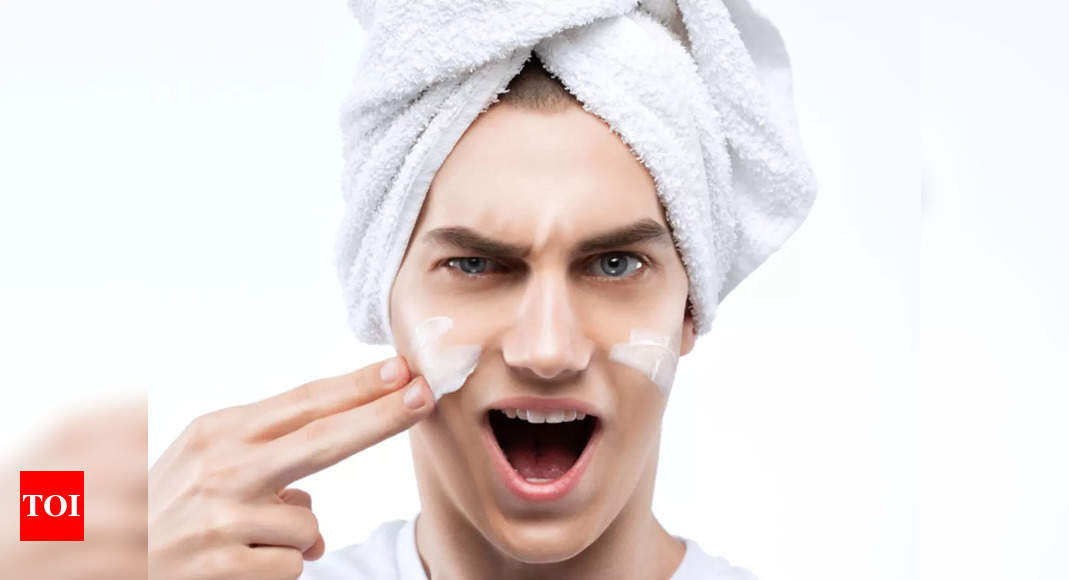Why do skin experts advise against dairy products – Times of India
Recent studies add to mounting evidence that what you eat can determine your skin health. Talking about dairy in specific, while it’s been advised that dairy products play a vital role in developing/ exaggerating skin conditions such as acne but the evidence is very limited.
Following are the details to be known about dairy and how it relates to our skin.
Effect of growth hormones
Cow’s milk and dairy products contain proteins like casein and which raise levels of certain hormones like Insulin-like growth factor-1(IGF-1), prolactin, prostaglandins, and steroids. And often farmers treat cows with a synthetic hormone called recombinant bovine growth hormone (rBGH) to increase milk production. All these hormones and especially IGF-1 are linked with increased production of sebum, which is the oil in the skin, that blocks the pores and causes acne.
Increase in insulin levels
Dairy is most of the time combined with other ingredients such as processed foods or sugars which disrupts insulin levels, causing a hormonal imbalance. The dairy we consume is assimilated into proteins similar to insulin. The higher levels of insulin, make the body more prone to infection and inflammation, causing inflammatory skin conditions like acne, eczema, rosacea, and also skin conditions like acanthosis nigricans, amyloidosis, pigmentation, dryness, etc. This inflammation also results in a breakdown of collagen, therefore, causing a faster appearance of fine lines and aging.
Effect of dairy intolerance
Lactose is a sugar that is naturally found in dairy. Our bodies use an enzyme called lactose to break down that sugar so we can absorb it into our bodies. But people with lactose intolerance don’t have enough lactose, which triggers an inflammatory reaction within the body. The skin shows inflammatory signs like irregular skin texture and sensitivity due to disruption of the skin barrier. With limited research and evidence, it’s concluded that not everyone’s skin issues are due to dairy consumption but dairy can aggravate many underlying skin conditions. Diet isn’t the only thing responsible for good skin but also factors such as genetics, stress, hormones, sleep, pollution, and
habits like smoking, drinking, etc may impact the general health and skin health, too.
It is also important to remember that not all dairy products show a negative effect on our skin, fermented dairy, such as kefir, live yogurt, curd, cottage cheese and cheese have been linked with better heart and bone health, plus improved digestion and weight management. Therefore, consume dairy in moderation and balance, rather than total dairy abstinence.
With inputs from Sonakshi S, Consultant Dermatologist and Cosmetologist at Ara skin clinic Bengaluru.
For all the latest lifestyle News Click Here

